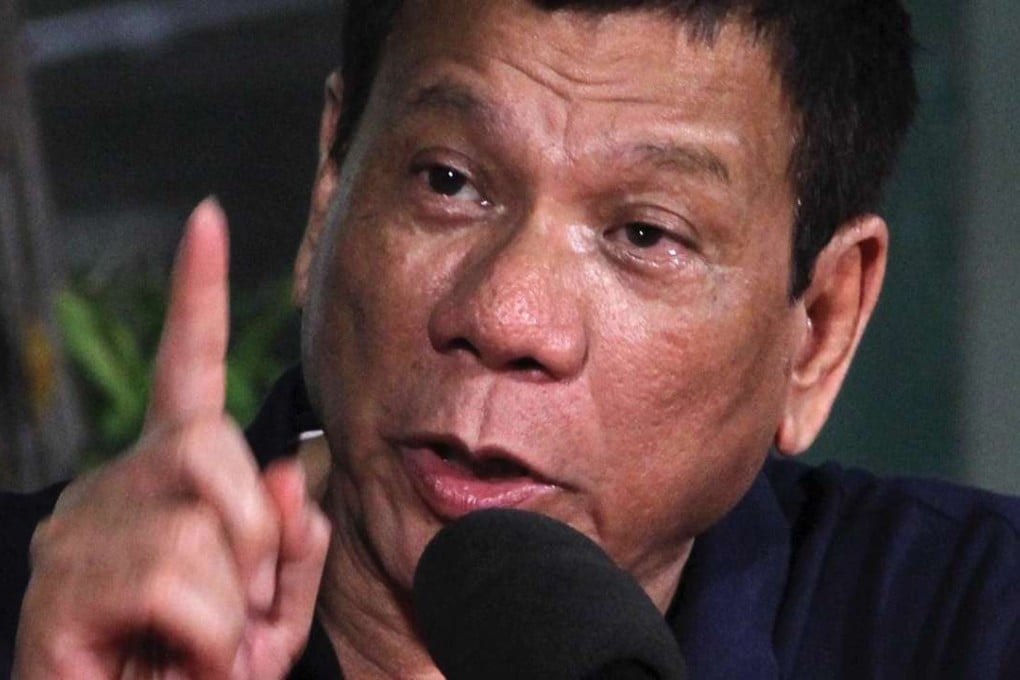There’s too much drug blood on America’s hands to lecture Duterte

Swear all you want, but you know you’re doing your drug war all wrong if the United States says you are. Having messed it up for half a century, no one knows these things better than the US.
But one can’t help wishing it hadn’t come from the United States. Because no other country has caused more death and destruction in the name of fighting drugs. Ever since Richard Nixon announced the “war on drugs” in 1971, America has used it as a licence for low-intensity warfare in its neighbourhood to prevent drugs from crossing its borders. The damage, as evident in the trail of failed states the policy left behind, is comparable only to its other great crusade – the “war on terror”.

In Mexico alone, more than 100,000 people have died since 2006 in drug-related violence, according to the Drug Policy Alliance. In Colombia, more than 220,000 people have been killed and four million displaced in the last 50 years. For perspective, consider that some 26,000 civilians have been killed in Afghanistan since the US attacked it in 2001 and some 180,000 in Iraq since the US invasion in 2003.
To what end? Even while federal spending on anti-drug efforts has ballooned over the decades, there’s little proof drug use in the US has shrunk. After all the blood that has flowed in Colombia, before and after Pablo Escobar, that country is still the world’s top producer and exporter of cocaine, with cultivation actually rising in the last four years. And America’s own jails are bursting at the seams as the country arrests over 1 million people every year over drug-related crimes.